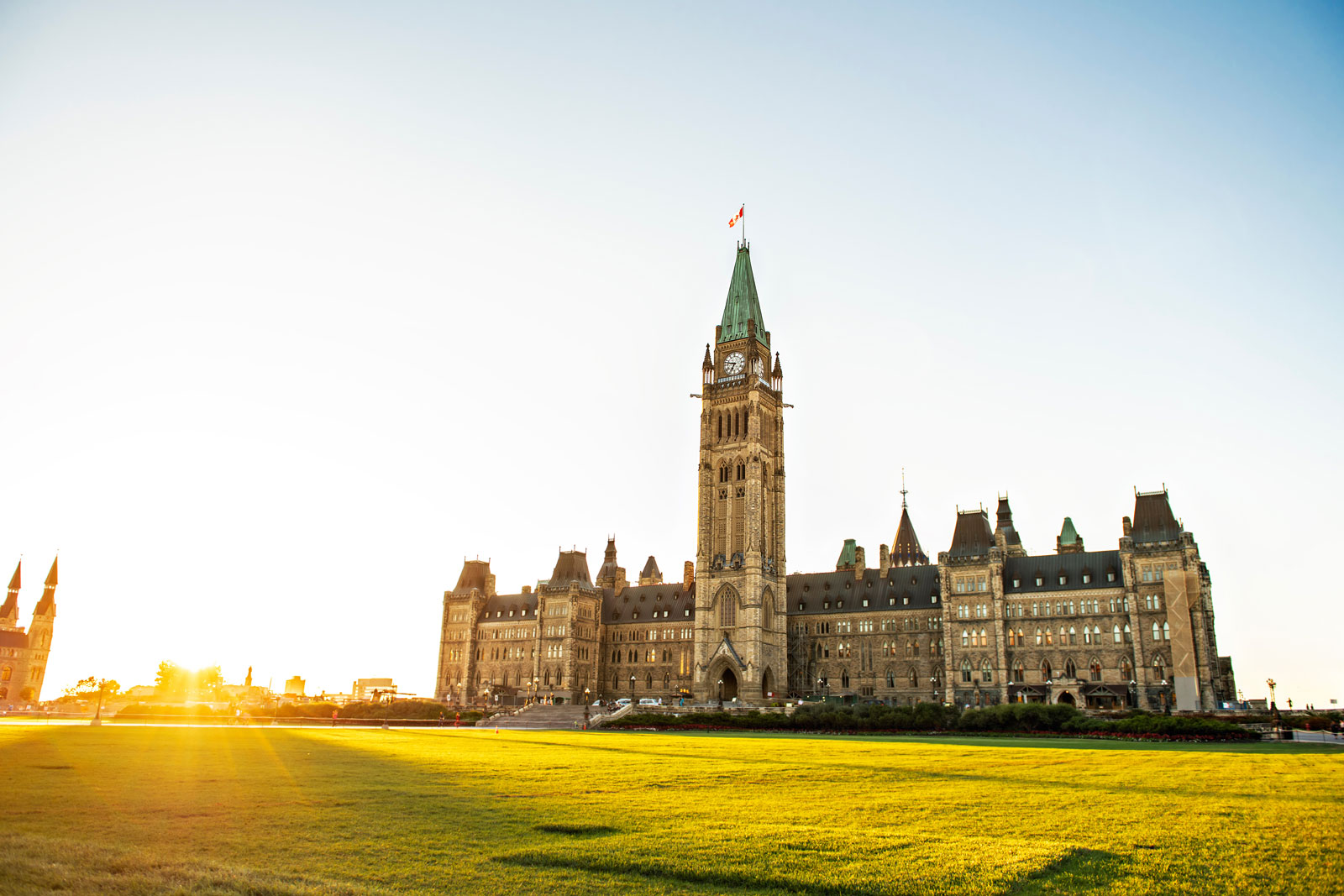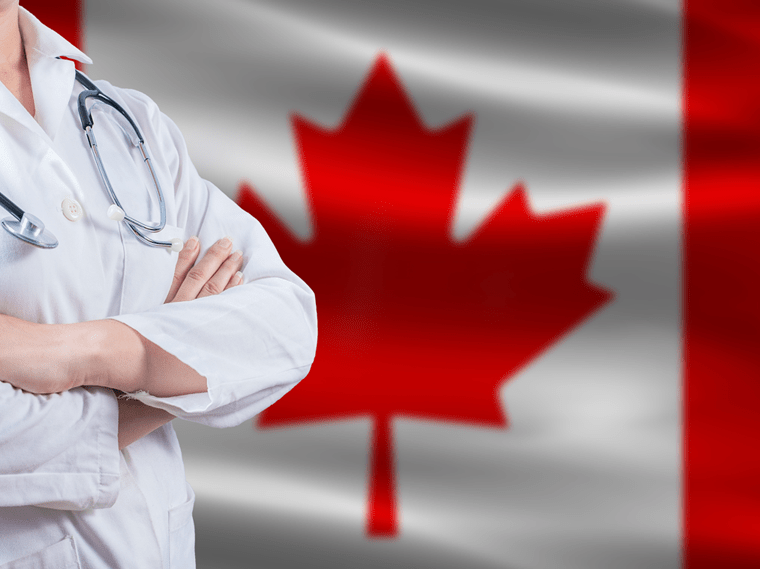What Immigrants Can Expect Under Prime Minister Mark Carney and Minister Lena Metlege Diab

Canada’s new Liberal government, led by Prime Minister Mark Carney and Immigration Minister Lena Metlege Diab, is starting a new chapter in the country’s history. Their approach is expected to be practical, balanced, and focused on both economic growth and social inclusion.
Economic Policy and Job Opportunities
Mark Carney is respected for his experience in economics and finance. Under his leadership, Canada is likely to invest more in clean energy, technology, and infrastructure. This means there will be more jobs in areas like engineering, information technology, skilled trades, and especially healthcare. These sectors are in high demand and often rely on skilled immigrants to fill job gaps.
Immigration Targets and Focus
The Carney-Diab government plans to keep immigration levels high but more structured in line with the country’s resources. The goal is to balance the number of newcomers with Canada’s ability to provide housing, healthcare, and other services.
Permanent resident targets will decrease slightly-from 395,000 in 2025 to 365,000 by 2027. Temporary residents, like international students and foreign workers, will also see stricter limits.
The government wants to make sure newcomers can settle successfully and that communities are ready to welcome them.
Key priorities include:
- Fast-tracking applications for jobs in high demand (especially healthcare, education, and skilled trades)
- Supporting immigration to smaller cities and rural areas
- Encouraging French-speaking immigrants, especially outside Quebec
- Expanding programs for international students and caregivers
Focus on Healthcare and Social Services
There is no escaping the fact that Canada’s healthcare system needs more workers – and immigrants are the most likely source.
In May 2025, the government invited 500 healthcare and social service professionals to apply for permanent residency through a special Express Entry draw. This shows a strong focus on bringing in doctors, nurses, therapists, and other health professionals. The minimum score for selection was high, meaning competition is strong, but opportunities are real for qualified people.
Minister Lena Metlege Diab: A New Approach
Lena Metlege Diab, the new Minister of Immigration, has a strong background in immigration policy. Born to Lebanese immigrant parents in Halifax, she is a lawyer and politician.
She is well-regarded for her work in Nova Scotia, where she helped bring more immigrants to the province and supported programs for diversity and inclusion.
Her main goals are:
- Making it easier for French-speaking immigrants to settle in Canada
- Improving Express Entry and caregiver programs
- Supporting international students and helping them stay after graduation
- Promoting immigration to smaller communities
- Addressing barriers for women and racialized newcomers
Challenges and Risks
While the sentiments are in the right place, there are challenges that cannot be wished away.
While the outlook is positive, there are risks:
- Economic pressures: High inflation and housing costs might slow down some immigration plans.
- Political debate: There is worry that high immigration levels put pressure on services like healthcare and housing.
- Processing delays: The immigration system (IRCC) still faces backlogs and slow processing times. The government promises to improve this, but it will take time.
Who Should Apply Now?
While we have tried to give you a well-balanced look at the current situation, you will still need to decide whether it is the right time for relocating. This, of course, depends on your personal conditions.
If you ask us, we would say that if you work in a high-demand field, now is a good time to consider immigrating to Canada. This includes:
- Healthcare professionals (doctors, nurses, therapists, lab technicians, pharmacists, dentists, personal support workers)
- IT professionals and engineers
- Skilled trades (electricians, carpenters, plumbers, welders)
- Early childhood educators, teachers, social workers, and logistics specialists
Tip: Speaking French is a big advantage, especially for jobs in healthcare, education, and government. French-speaking candidates can get extra points and faster processing.
Steps Before Applying
- Make sure your professional credentials are recognized in Canada (for example, medical licenses).
- Meet language requirements (IELTS for English, TEF or TCF for French).
- Check if your job requires registration with a Canadian regulatory body.
- Research settlement support in your chosen province.
Signing Off
Canada’s new Liberal government is welcoming to skilled immigrants and is focused on making the system fair and efficient. There are good opportunities for those who are prepared and meet the requirements. If you are thinking about moving to Canada, now is a good time to start your application and prepare your documents.
The government values diversity, inclusion, and economic growth. With the right skills and preparation, you can have a successful future in Canada
Need personalised guidance for your profile?
At Woodhaven Immigration, we specialize in helping skilled professionals navigate Canada’s immigration processes. Whether you’re exploring Express Entry, looking to settle in a specific province, or need help getting your documents ready—we’re here to support you every step of the way.
Book a consultation today and take your first step toward a new life in Canada.




